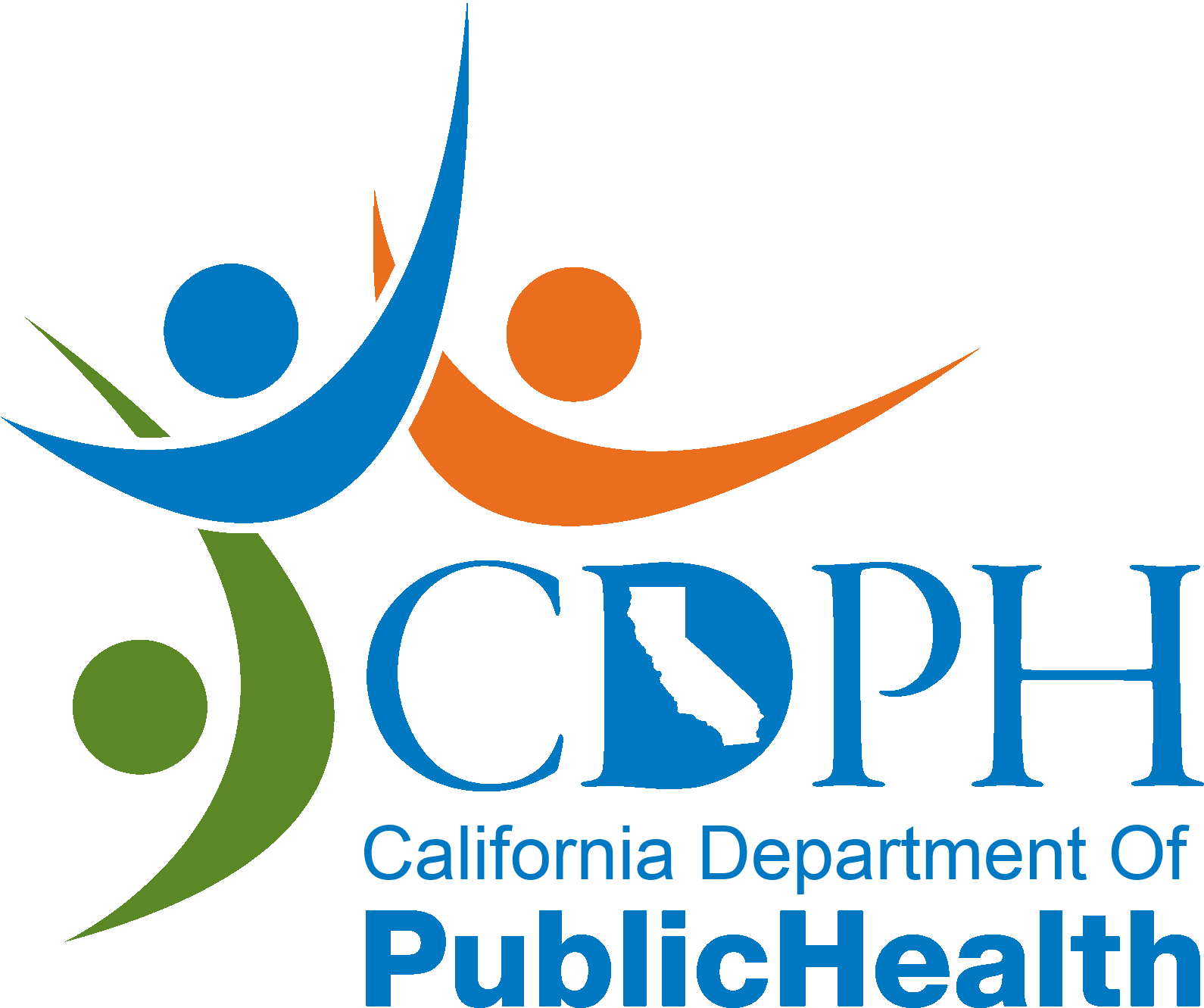If you are younger than the age of 25 and a sexually active woman or man, you have multiple or new sex partners, or are with a partner who has or may have a STD (sexually transmitted disease), it’s very important that you receive testing for Gonorrhea regularly. Annual testing for Gonorrhea is important, especially as Gonorrhea may not always present itself with symptoms, so knowing when to test for it may not be obvious. Anyone who is sexually active can contract gonorrhea, and when not treated it can cause very serious complications.
What is Gonorrhea?
Gonorrhea is a sexually transmitted disease that infects both women and men, and these infections are typically present in the throat, genitals or rectum. Among young people, ages 15-24, Gonorrhea is a very common infection. When symptoms do occur, they are typically present within 2 – 10 days after initial exposure, but may sometimes take up to a month to develop.
How Do People Get Gonorrhea?
Gonorrhea can be obtained by having intercourse (vaginal, anal or oral) with another person who has gonorrhea. It is especially important to get tested and receive treatment as pregnant women with gonorrhea can pass the infection along to the baby during childbirth.
Who is at Risk for Gonorrhea?
If you are sexually active, you can get gonorrhea by having vaginal, anal or oral sex. If you are a sexually active man who is bisexual or gay, regular gonorrhea testing (once per year) is recommended. If you are a sexually active woman who is younger than the age of 25 or an older woman with multiple or new partners, you should also be tested once a year for gonorrhea at minimum.
What are the Signs and Symptoms of Gonorrhea?
Swollen glands in the throat (if you acquired it by oral sex)
A burning sensation in the throat (also from oral sex)
Blood or spotting after sex
Vulvitis (swelling of the vulva)
Irregular bleeding between periods
A burning sensation when urinating
Pelvic pain, lower abdominal pain and discomfort
White or greenish yellow vaginal discharge
Increased vaginal discharge
White, yellow or green discharge from the penis
Swollen or painful testicles
Pink eye (red itchy eyes), conjunctivitis
It’s important to note that many women with gonorrhea do not present any symptoms, or they may be mild and therefore mistaken for another type of vaginal or bladder infection. Even if you don’t have any serious symptoms, it’s still critical to get tested and treated as gonorrhea can cause serious long term complications from the infection.
What Happens If You Don’t Treat Gonorrhea?
Regular STD testing is critical, as untreated gonorrhea can cause serious and permanent health issues for both men and women. For women, untreated gonorrhea can cause Pelvic Inflammatory Disease (also known as PID), as well as the formation of scar tissue that can block the fallopian tubes, long-term abdominal and pelvic pain, ectopic pregnancy issues (a pregnancy that occurs outside the womb) and even infertility.
If you are pregnant, gonorrhea can affect the baby as infection is possible during delivery. If you are pregnant and suspect you have gonorrhea, it’s important to talk to your health care provider to receive treatment and testing immediately. In babies, gonorrhea commonly affects the eyes.
Get Free Gonorrhea Testing: Free STD Testing & Free STI Testing in Contra Costa County, CA
If you suspect you may have gonorrhea or another STD, free STD clinics like Options Health offer a quick solution. A gonorrhea test can be done via a urine sample. Fortunately, gonorrhea can be resolved with medication. If you’re looking for a free Gonorrhea Test, diagnosis, or treatment, Options Health is available to help. Contact us today to make an appointment, no insurance required.



